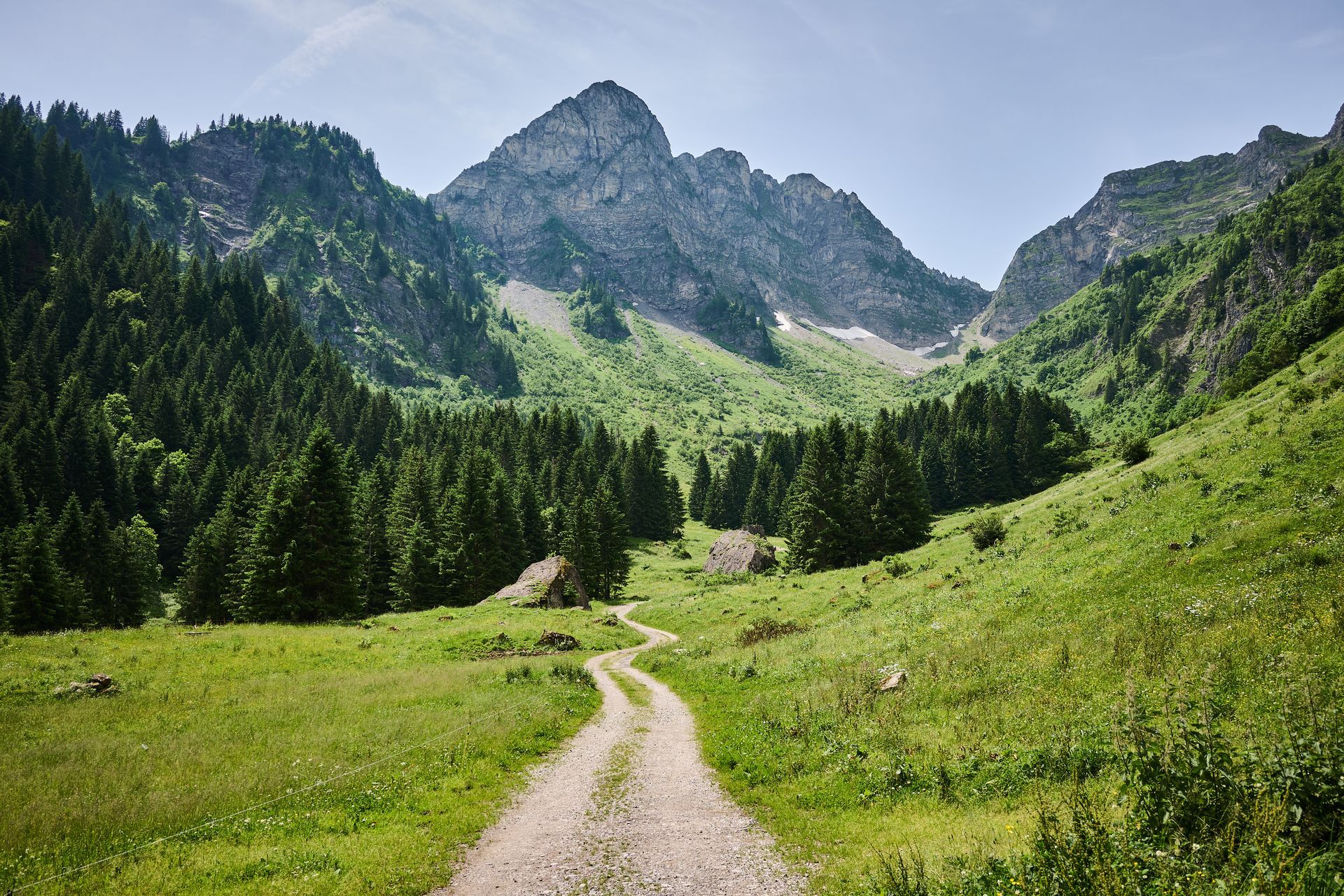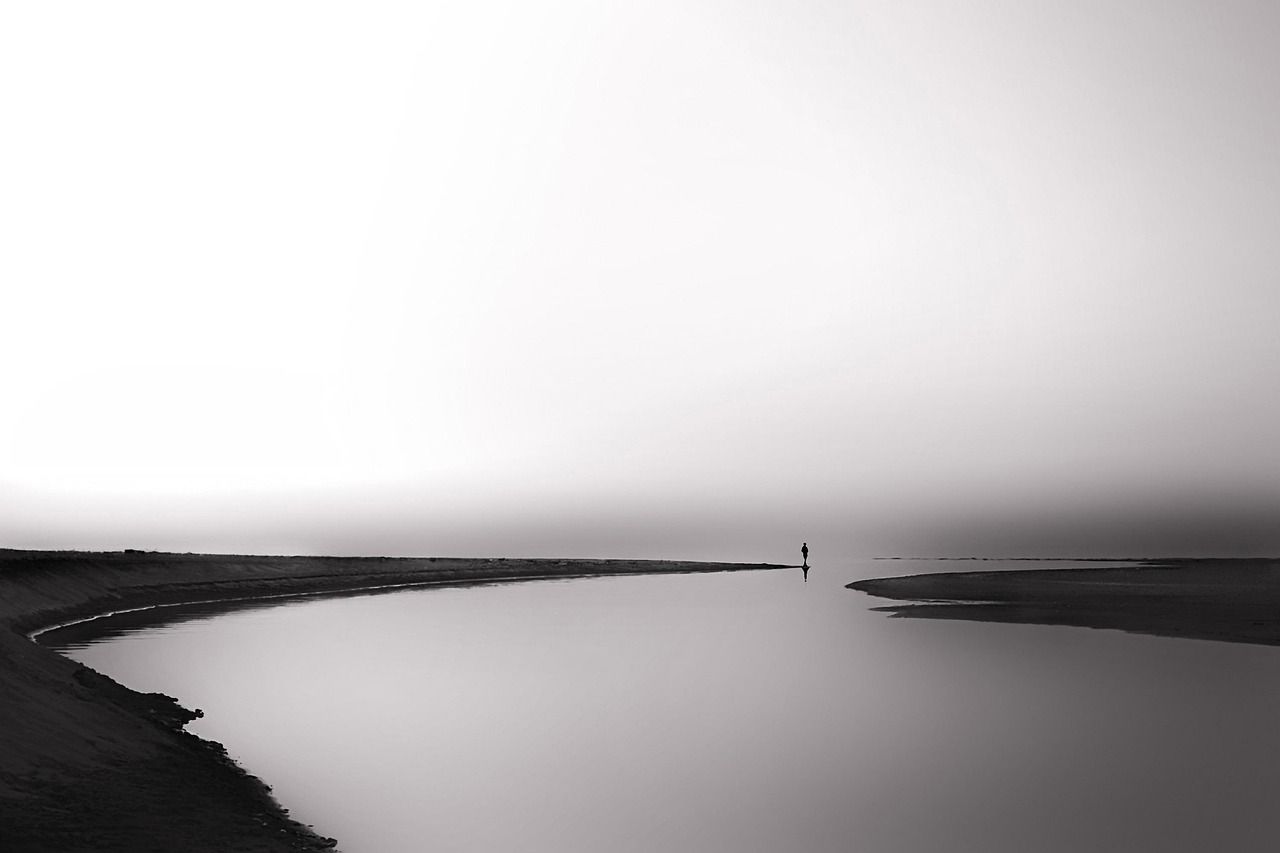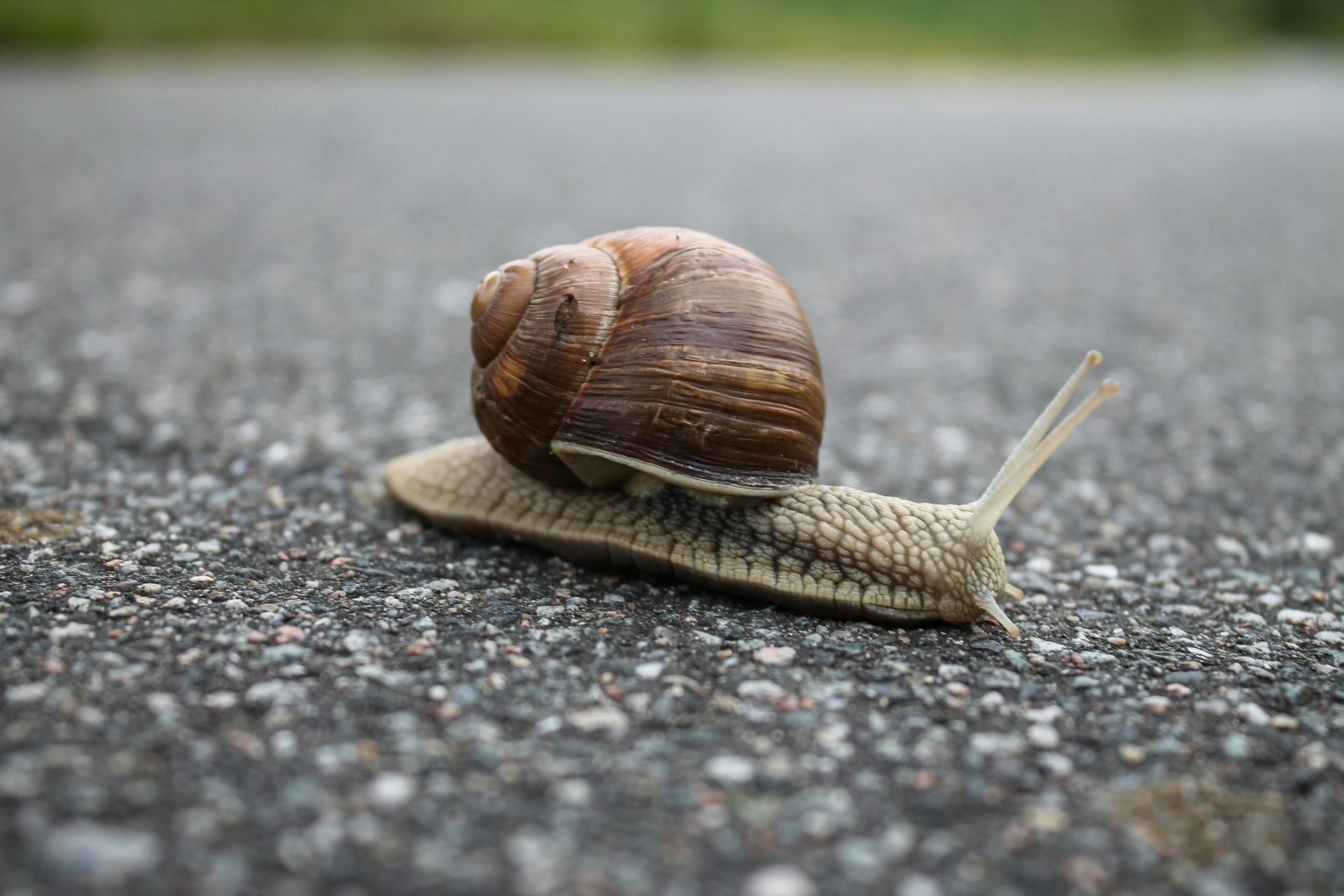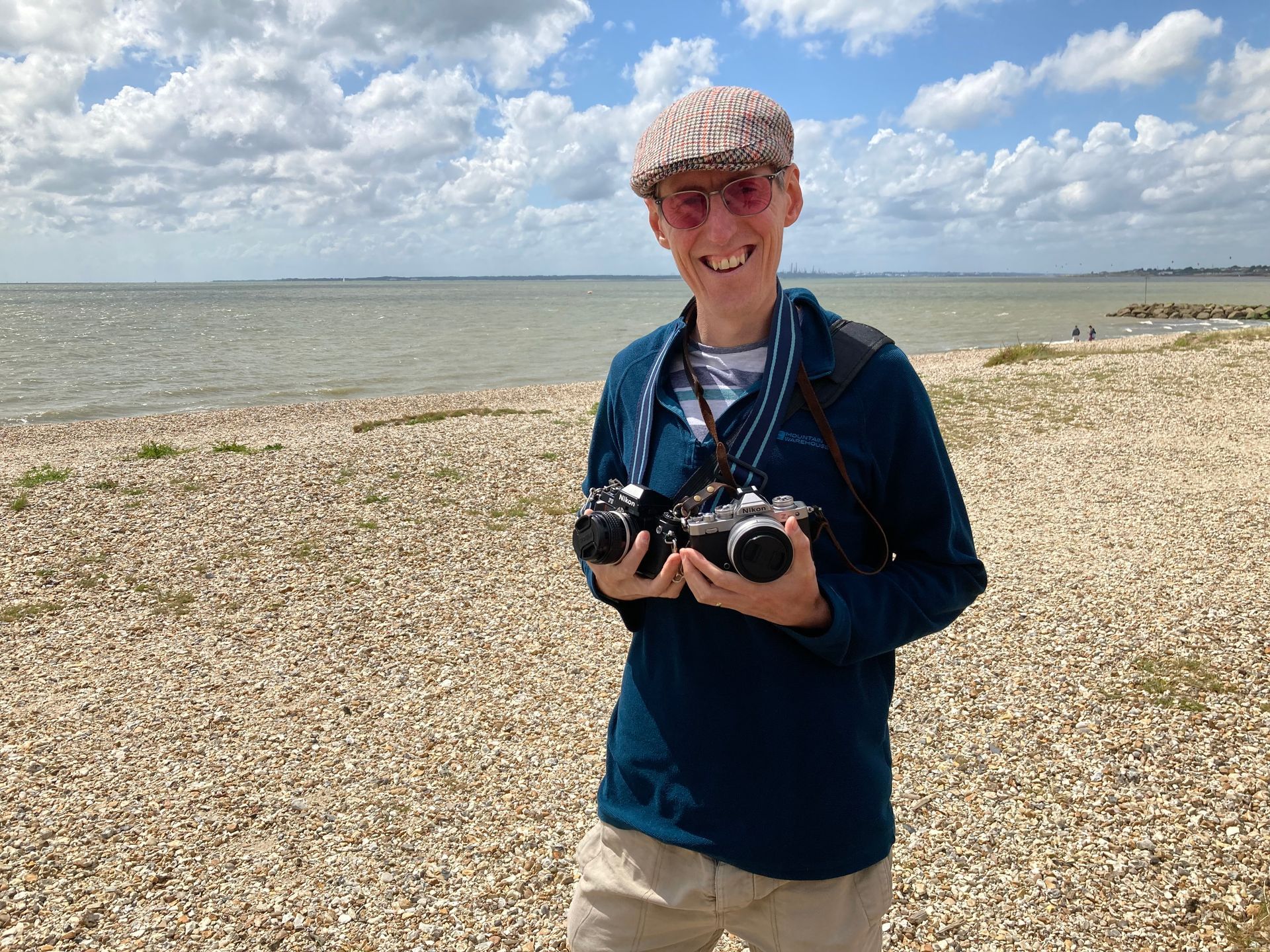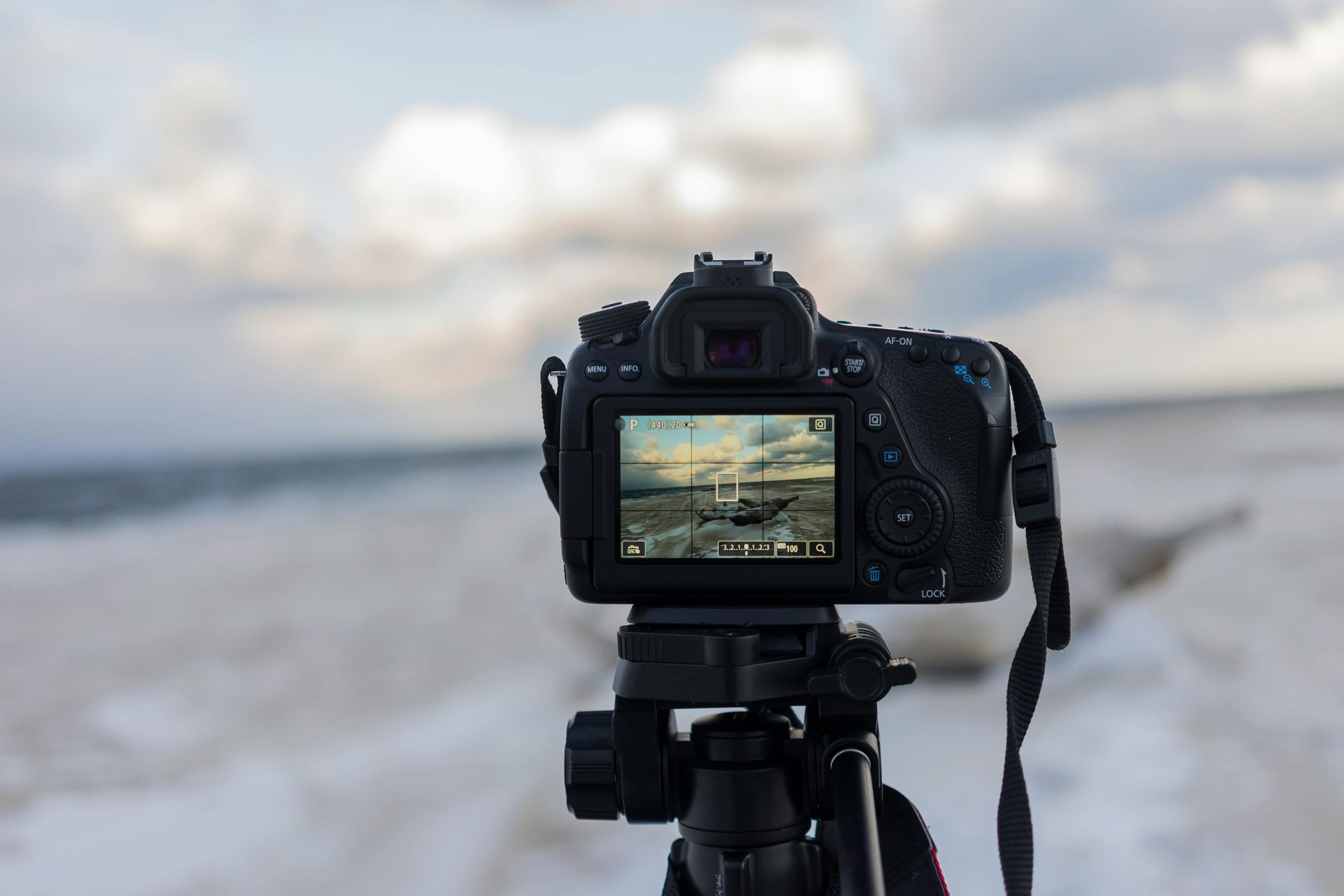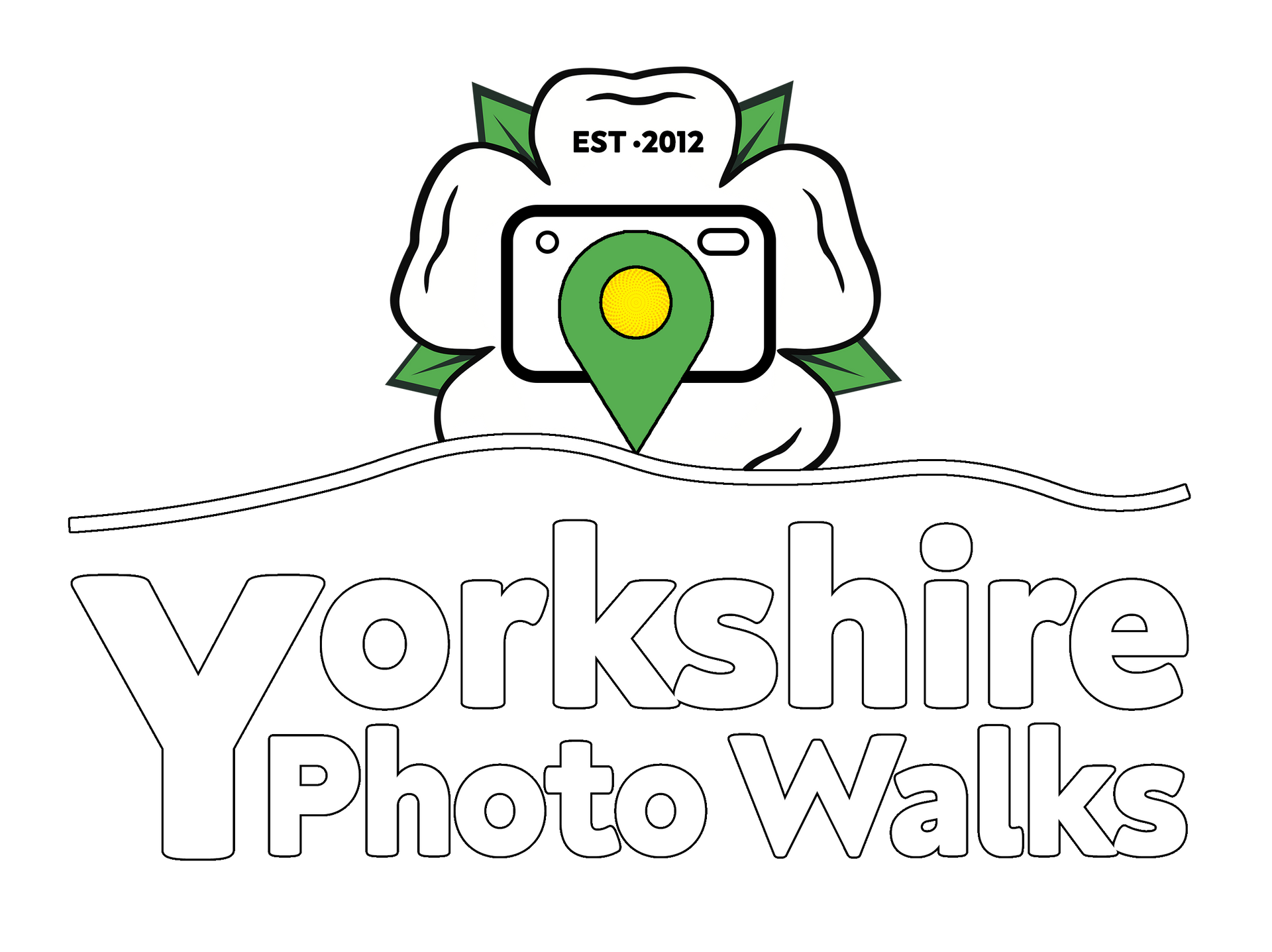How to critique your own photos, without being too hard on yourself
So, you’ve just been out with your camera, and now you’re scrolling through your shots. Chances are, you are thinking, 'I could have done better.' The key to improving your photography isn’t just taking more photos—it’s learning how to analyse them constructively. We can often be our own worst critiques, but below, I have listed a few pointers to help you to critique your own photos, without being too hard on yourself.
1. Step Away Before You Judge
It’s tempting to review your photos immediately, but your brain is still in ‘shooting mode.’ Give it some time. A few hours, a day, whatever it takes for you to come back with fresh eyes. You’ll be able to spot strengths and weaknesses much more clearly when you’re not emotionally attached.
2. Identify What Works First
Before diving into everything you don’t like, pick out what you do like. Are there aspects to the composition that work? Is the lighting good? Even if the photo isn’t perfect, there’s probably something worth celebrating. This helps you understand your strengths so you can lean into them.
3. Analyse What’s Off (Without Self-Sabotage)
Now, let’s get critical—but constructively. Ask yourself:
- Is the composition cluttered?
- Does the lighting help or hurt the picture?
- Is the focus where it should be?
- Does my photograph communicate my intent?
Instead of thinking, “Oh dear, this is bad,” reframe it: “This would be stronger if I adjusted X, Y, or Z.” That way, you’re learning, not just self-critiquing.
4. Compare, But Don’t Despair
Looking at work from photographers you admire is great for inspiration, but don’t let it discourage you. Everyone starts somewhere. Instead of feeling bad, analyse why you like their work. Is it their use of colour? Composition? Lighting? Figure it out and apply those lessons to your own photography.
5. Edit With Intention
Sometimes, what seems like a ‘bad’ photo can be brought back to life in the editing process. Play with cropping, or colour grading to bring out the best in your shot. Editing is part of the creative process—don’t avoid it! At the same time, don't simply use editing to mask mistakes you make in camera. A good photo will always start when your camera's sensor's pixels are sensitised. Getting the basics right from the start will allow your edits to be enhancements, not just corrections.
6. Get a Second Opinion
It’s easy to be overly critical of your own work. Show your photos to someone you trust—preferably someone who knows a bit about photography. They might point out things you didn’t even notice (good or bad) and offer useful insight.
7. Keep Shooting, Keep Learning
The best way to improve is to keep taking photos and, dare I say it, keep making mistakes! Every shot you take, every mistake you notice, and every improvement you make, helps you grow. So, be kind to yourself, take those lessons onboard, and apply them next time.
Remember: No one’s perfect, even the best photographers have shots they’d rather forget. The goal isn’t perfection—it’s progress. Keep shooting, keep learning, and most importantly, keep enjoying the process!
